KEY POINTS
- Hours after receiving $1.1 billion from the IMF, Pakistan violated Indian airspace with drone and missile attacks.
- India has shown evidence of Pakistan Army backing terrorists, raising concerns about misuse of global funds.
- Despite IMF's economic goals, Pakistan’s military spending is rising while public welfare sectors suffer.
Hours After IMF’s Funding, Missiles Cross India’s Sky. Just hours after the International Monetary Fund (IMF) approved a new loan of $1.1 billion for Pakistan, the country fired drones and missiles violating Indian airspace. These dangerous attacks happened in the early hours, targeting areas like Poonch, Rajouri, Uri, and Tangdhar in Jammu and Kashmir. It felt like the ink on the IMF agreement wasn’t even dry when Pakistan started showing aggression.
This is not a new pattern. Every time Pakistan receives international funding, especially from Western-backed institutions like the IMF, it uses the money to build confidence in its military. And soon after, it begins to show aggressive behavior, either through cross-border violations or by supporting terrorism.
“Missiles After Money” – India Calls Out the Pattern
A senior IAS officer in India, who works in a related ministry, said that this timing is not a coincidence. Pakistan has done this many times before. Whenever the country gets cash from global lenders, especially the IMF, it uses the money to strengthen its army, not its economy. And once it feels strong, it starts provoking India and promoting instability in the region.
Indian diplomats have already presented proof to the international community, including images of Pakistan Army officers standing behind globally known terrorists. But the question remains: why does the IMF still keep funding such a country?
IMF Aims at Reforms, But Reality Is Different
The IMF says that its loans are meant to stabilize Pakistan’s economy and bring reforms. In October 2024, a report by the IMF’s executive director for Pakistan claimed that the country was making economic improvements and had started a new reform program.
But Indian government sources say that Pakistan only follows IMF conditions “on paper.” In reality, the country continues to spend heavily on its military while reducing spending on health, education, and welfare. In fact, Pakistan’s defense budget is expected to grow by 18%, while ordinary people continue to suffer.
To meet IMF conditions, Pakistan agreed to raise taxes, cut subsidies, and increase energy prices. These steps have made life more difficult for ordinary citizens. But the so-called military has remained untouched. Even as schools and hospitals lack funding, the army continues to receive more money and resources.
This shows where the priorities of Pakistan’s government lie, not in helping its people, but in growing its so-called military power.
India has warned the world that IMF funds are being used by Pakistan to support terrorism and cross-border violence. Indian experts, who have closely watched Pakistan’s financial and military history, say that there is a clear connection between receiving bailouts and increasing provocations.
Pakistan has already received at least 25 bailout packages from global institutions. And each time, after getting money, the country has used it to support terrorism or raise tensions with India.
Should the IMF Be Held Accountable?
This situation raises a big question: Should global institutions like the IMF continue giving money to countries that promote terror? Can there be better checks on how this money is used? Should there be strict conditions to stop countries like Pakistan from using aid for military purposes?
Right now, the IMF says it’s helping Pakistan reform. But in reality, the money seems to be funding weapons, not welfare.

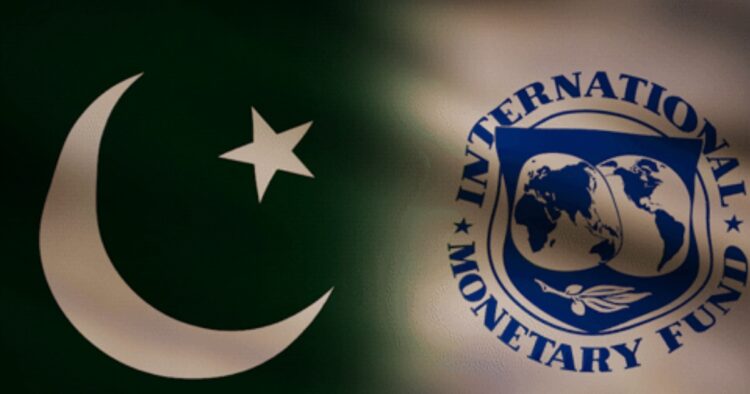
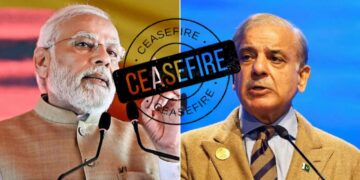

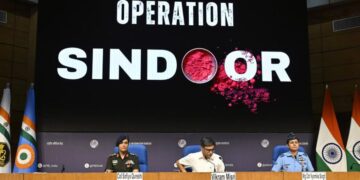
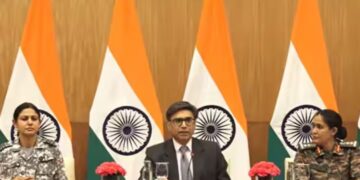
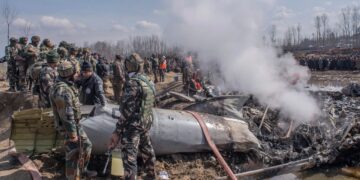










Comments